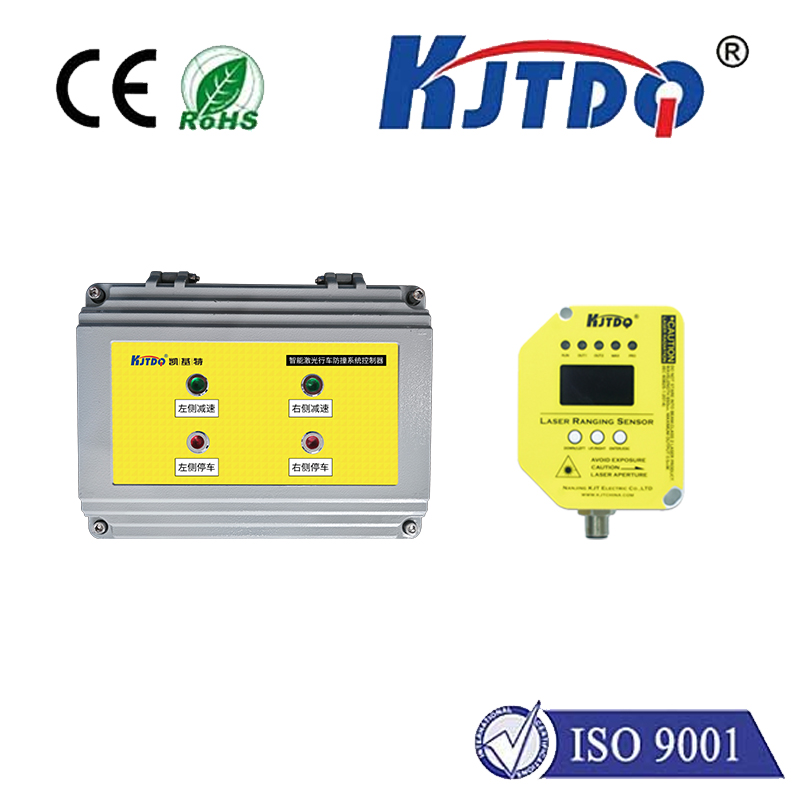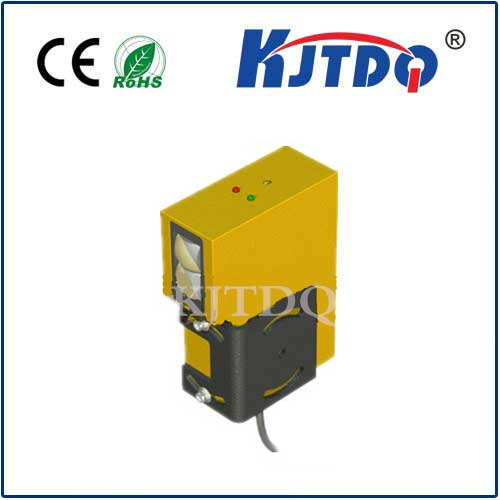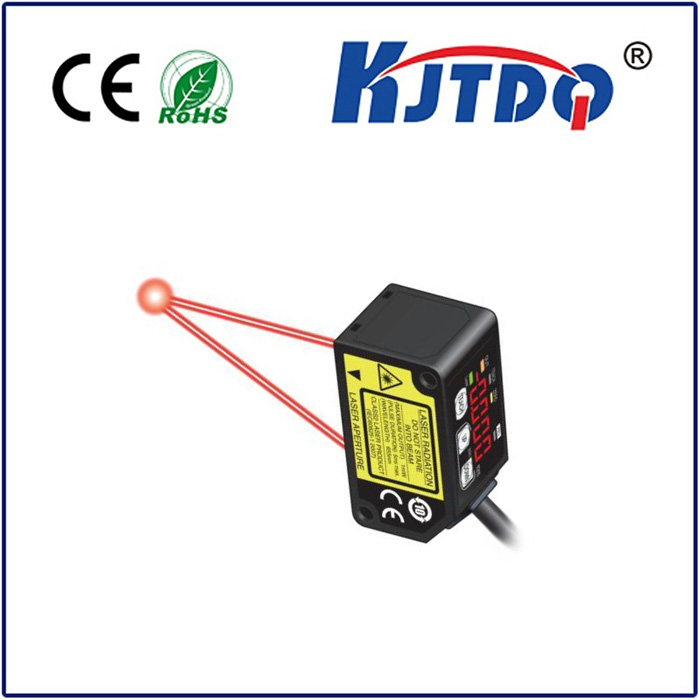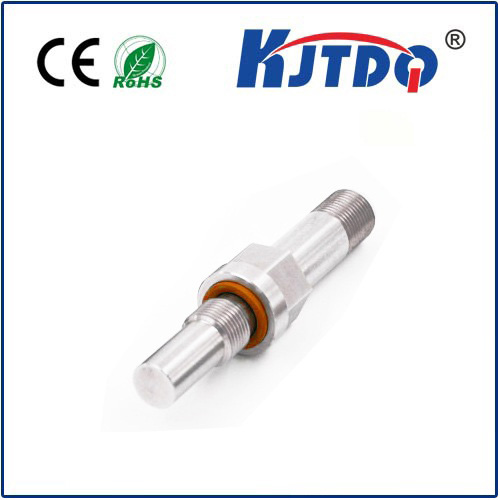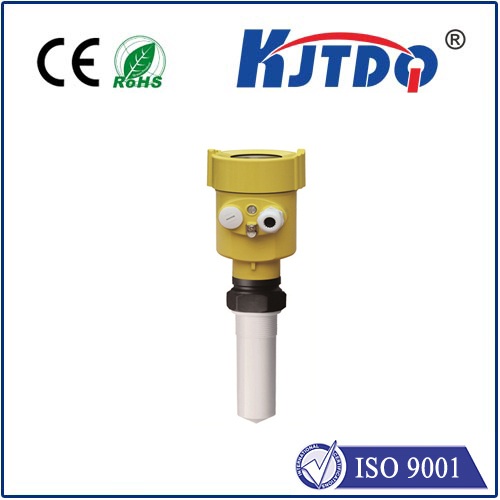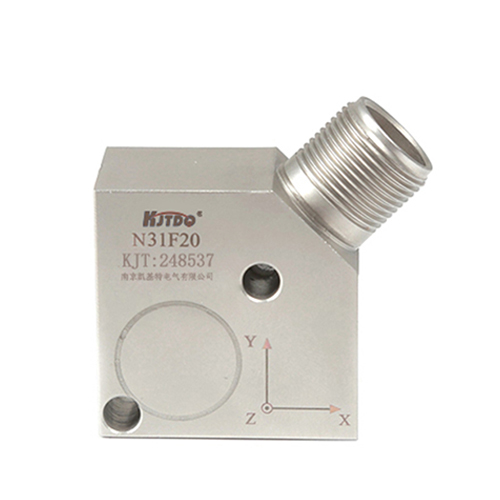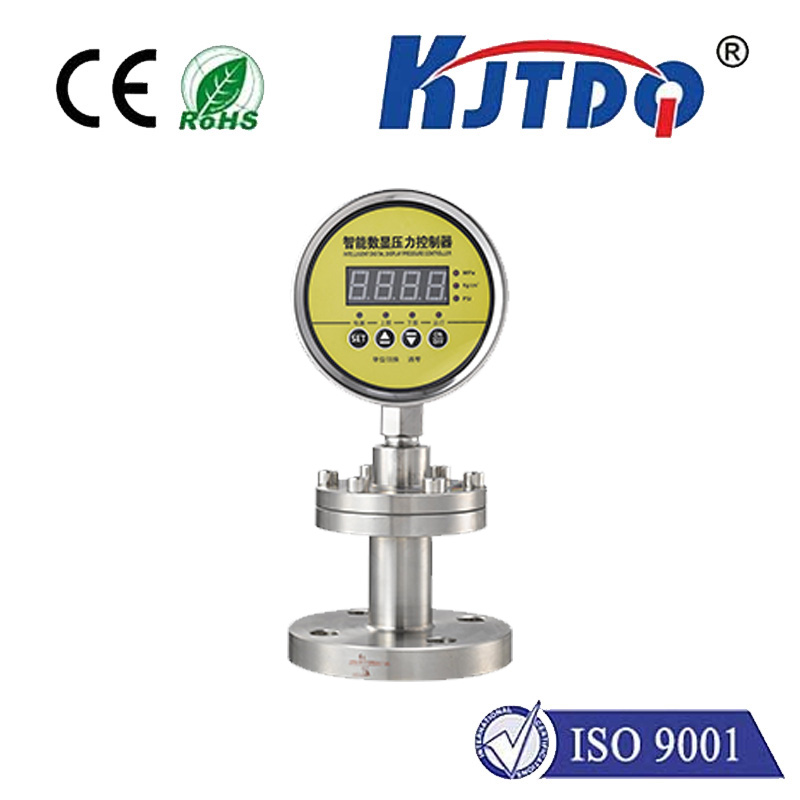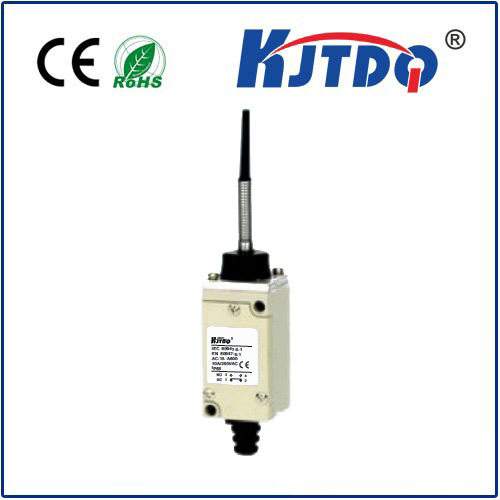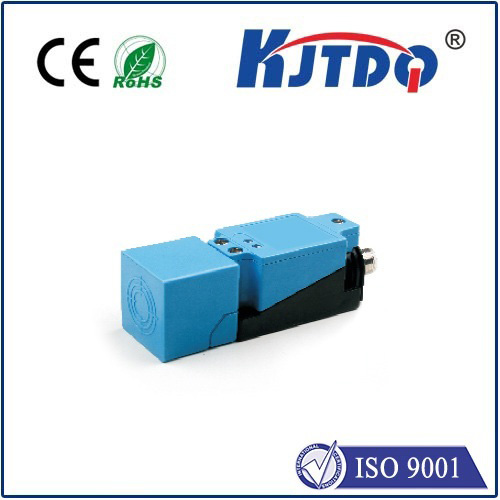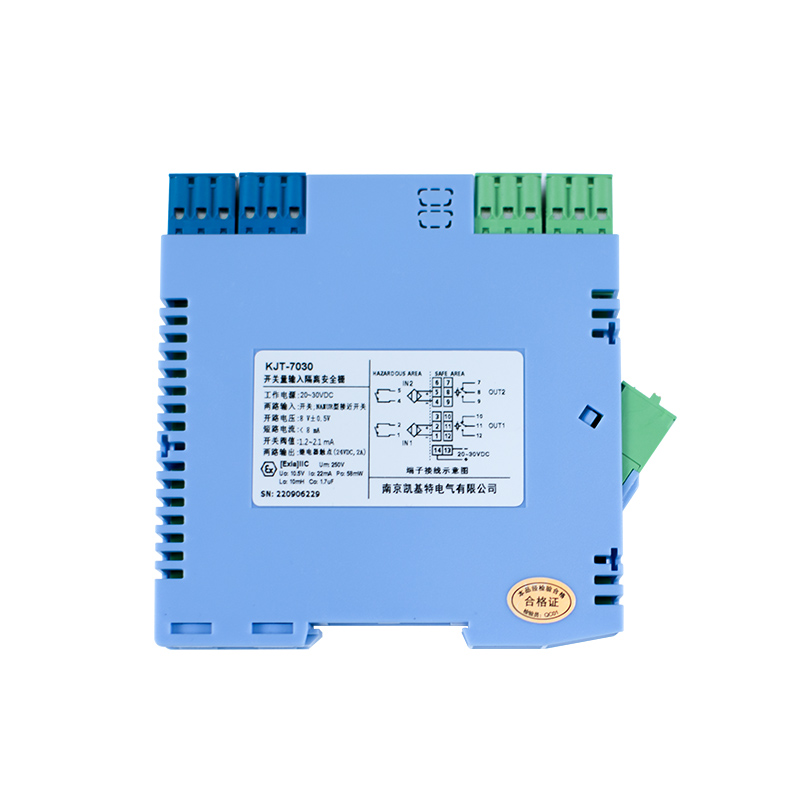Understanding NPN Capacitive Sensors: Applications and Advantages” NPN capacitive sensors are electronic devices that play a crucial role in modern automation and control systems. These sensors use the principle of capacitive coupling to detect changes in an object’s proximity without physical contact, making them ideal for a wide range of applications. In this article, we will explore what NPN capacitive sensors are, their applications, and the advantages they offer over other types of sensors.

An NPN capacitive sensor consists of an NPN transistor configuration where the base is connected to a variable frequency oscillator. The sensor operates based on the principle of capacitive coupling between the sensor’s plate and the target object. When the target object approaches the sensor, it alters the capacitance value, which in turn affects the oscillation frequency of the transistor. This change in frequency can be detected and interpreted by the sensor’s electronic circuitry to generate an output signal.
One primary application of NPN capacitive sensors is in liquid level measurement. By detecting changes in capacitance caused by different levels of liquid, these sensors can accurately determine the height of a liquid column. Other common uses include proximity sensing, where the sensor detects objects within a certain distance, and position sensing. In automation industries, NPN capacitive sensors are used for detecting the presence or absence of materials on conveyor belts or in packaging machines.
The main advantage of using NPN capacitive sensors lies in their ability to function without physical contact. This feature makes them highly durable and reliable in harsh environments where mechanical wear could otherwise be a concern. Additionally, these sensors provide quick response times and high accuracy, making them suitable for precise measurement tasks. Their versatility allows them to be used across various industries, from manufacturing to healthcare, enhancing operational efficiency and safety. In conclusion, NPN capacitive sensors bring significant benefits to automated systems through their non-contact operation, durability, and precision. As technology continues to advance, it is expected that these sensors will find even more innovative applications in diverse fields.
